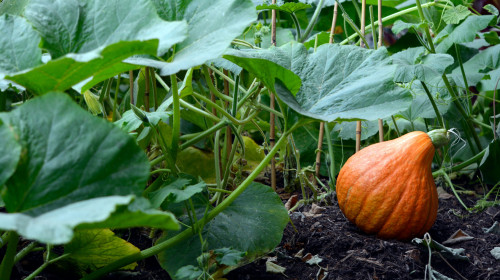
3 November 2023
The UK Government is now legally bound to ensure that decision making and future policy is not detrimental to environmental protection. As part of the government's 25-Year Environment Plan, they aim to leave the environment in a better state for the next generation. This comes as some scientists warn that the 1.5˚C global warming limit may be reached sooner than initially expected by 2029.
Red Tractor has confirmed it will await the completion of two National Farmers Union (NFU) independent reviews on its governance before implementing new standards. This follows criticism of their Greener Farms Commitment, a voluntary environmental module which aimed to promote certain practices, including improved soil management.
An agri-food expert Pieter-Jan Schon has highlighted how soil remains a ‘Cinderella’ subject, especially in comparison to air and water. He says that despite soil health being identified as a priority for climate change mitigation, our relatively limited knowledge of soils’ capabilities means that it remains underrepresented in policy.
Flooding continues to be an issue across the UK, and the NFU have highlighted the impact it is having on farmers. It has called on all political parties to demonstrate how they plan to protect farmland from flooding, and members of the public are invited to sign their open letter which calls for farmers to be properly paid for their flood prevention services.
With COP28 approaching, the Coalition of Action ‘4’ Soil Health have launched their platform to bring together all things soil at this year’s summit. #COPsoil showcases all soil relevant events, news and resources from COP, with the aim of encouraging dialogue and innovation towards enabling global healthy soil practices.
A farm in Suffolk has published its findings after switching to a low-disturbance system, showing how it’s improved soil health and farm profitability. Since moving to low-tillage in 2003, earthworms have increased from 200/sq m to 700/sq, and labour and fuel costs have fallen dramatically.
Farming machinery manufacturer has introduced new wider floatation tyres which reduce soil compaction. The wider tyres means that manure spreading windows are extended, and allows farmers more flexibility when adding nutrition to crops, with less impact on the soil.
New research published in Nature Geoscience has shown that the benefits of work to improve soil organic carbon may be negligible without significant technological advances. It found that nations with low food security may benefit the most from improved technology, and that if soil organic carbon levels can be brought to optimum levels, production of the world’s three most important crops, maize, wheat and rice, could rise by 4.3%.